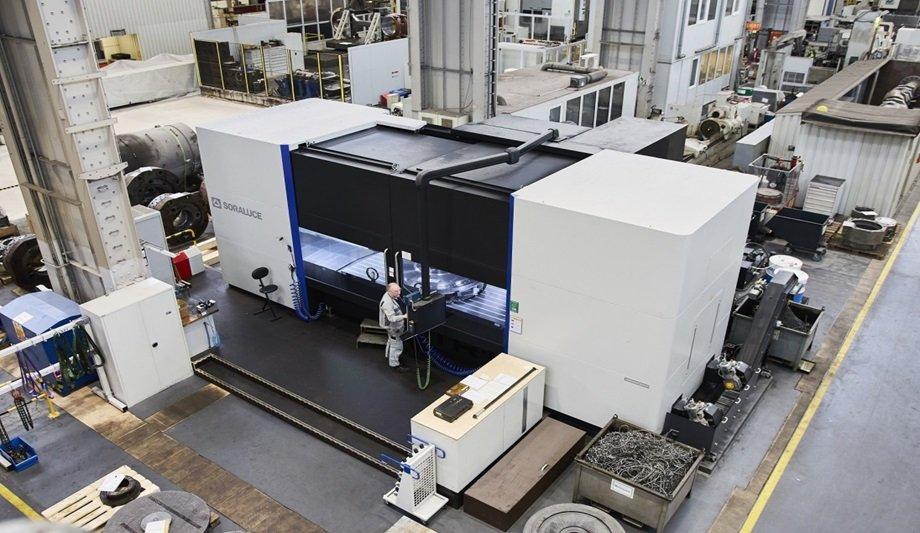MAN Energy Solutions’ largest service-centre has announced changes to its core concept to adapt to the changing times the maritime service industry is currently experiencing.
MAN PrimeServ, Hamburg has cited the emergence of alternative fuels, larger ships, and shorter harbour-stays as general trends within the industry with the bulk of business shifting to the workshop and components, or with superintendents travelling to wherever ships are docked to work in situ.
Repair technologies
Stefan Eefting, Senior Vice President and Head of MAN PrimeServ Germany, said, “Our Hamburg site has developed its concept to address these new market trends. Accordingly, it is expanding its workshop and developing its specialisation in repair technologies."
"The future is about new welding technologies, in-situ machining of components, and extending the service life of components – not to mention the associated reduction in CO2 emissions compared to manufacturing a new part.”
Short processing times
MAN PrimeServ Hamburg has 300 employees and approximately 30,000 m2 of factory space
Located in the heart of the port, and specialising in the repair and maintenance of both two- and four-stroke marine engines, as well as turbomachinery, MAN PrimeServ Hamburg has 300 employees and approximately 30,000 m2 of factory space.
Olaf Gunia, Head of MAN PrimeServ Hamburg, said, “Our investment in new machines for processing components includes a machining centre that reduces the machining time for certain components like piston-crowns, cylinder covers, flywheels and counterweights for crankshafts by a factor of four. These shorter processing times are intended to take account of the shorter harbour stay-times of the ships and will reduce costs, which of course will be passed onto customers.”
Dual-fuel technology
Another new field for Hamburg will be the conversion of diesel engines to dual-fuel technology by service engineers in Hamburg and with the help of MAN PrimeServ’s international network, should travel be called for.
Such projects require complex planning, not only in terms of technicians and tools but also the dispatching abroad of any components required by the host vessel.
Tools and training
Gunia added, “We are preparing for conversions, procuring the necessary tools, and training employees to handle the new fuels."
"Recruiting qualified personnel is a current challenge but we are steadily adding to our roster with experienced engineers and skilled tradespeople such as machine fitters, welders, and machining technicians. New times demand new approaches and I am confident that PrimeServ Hamburg is well-positioned for the future."












